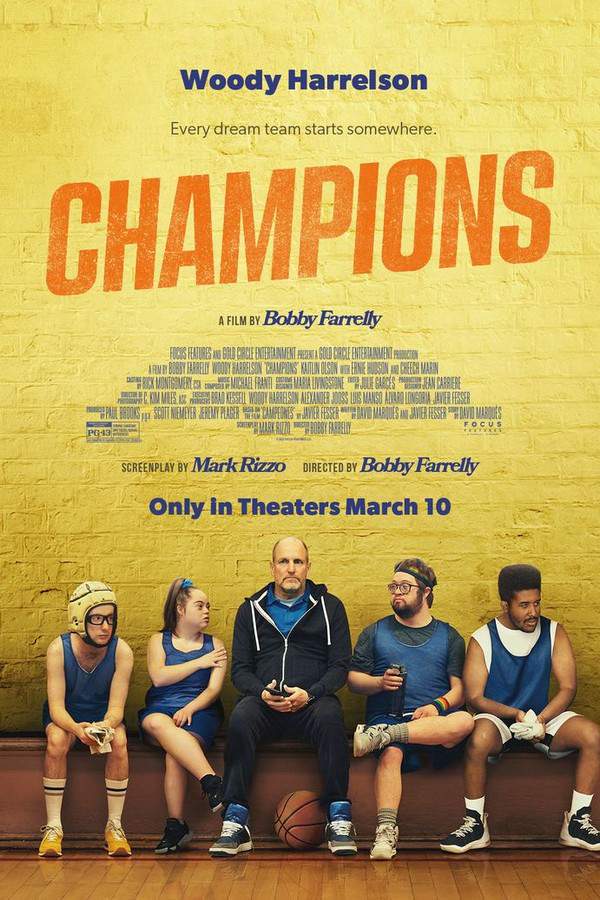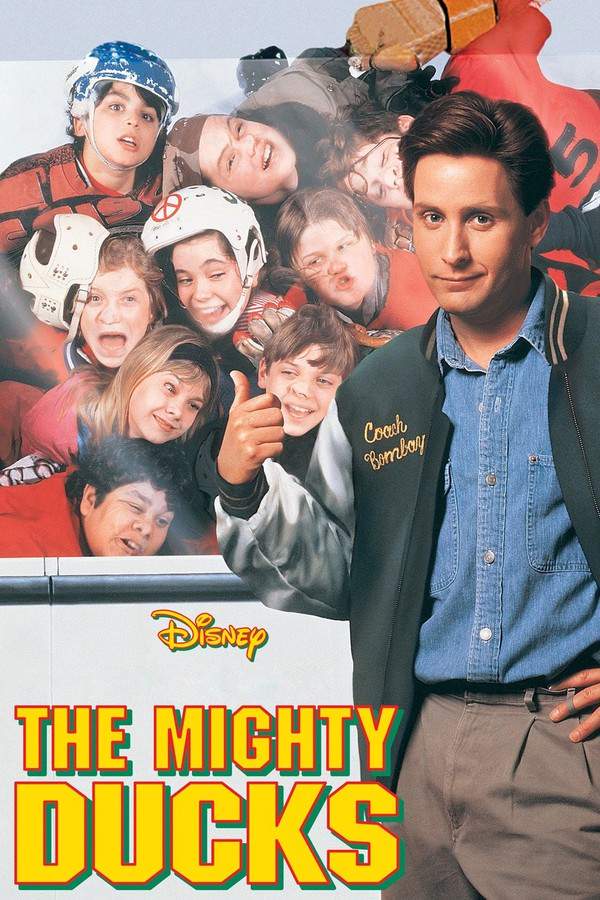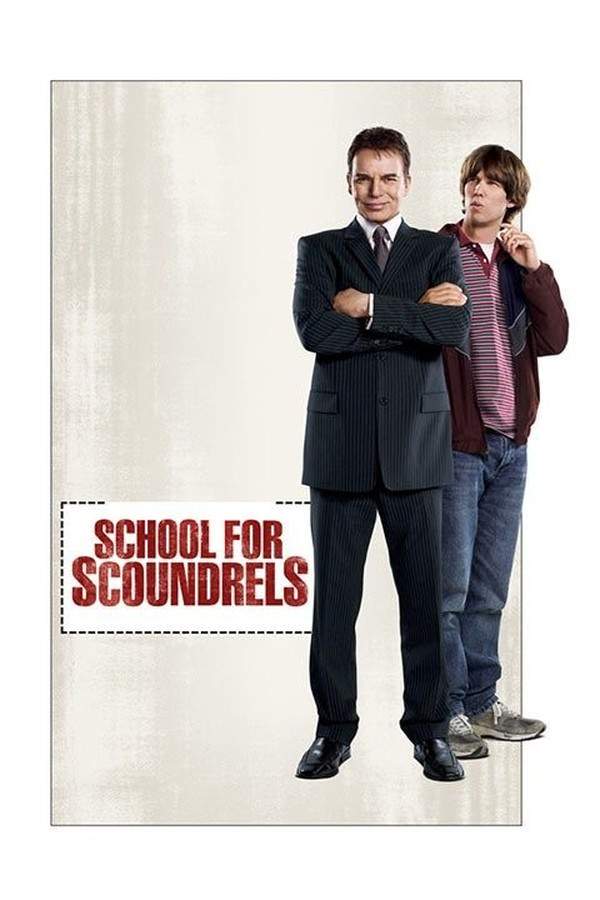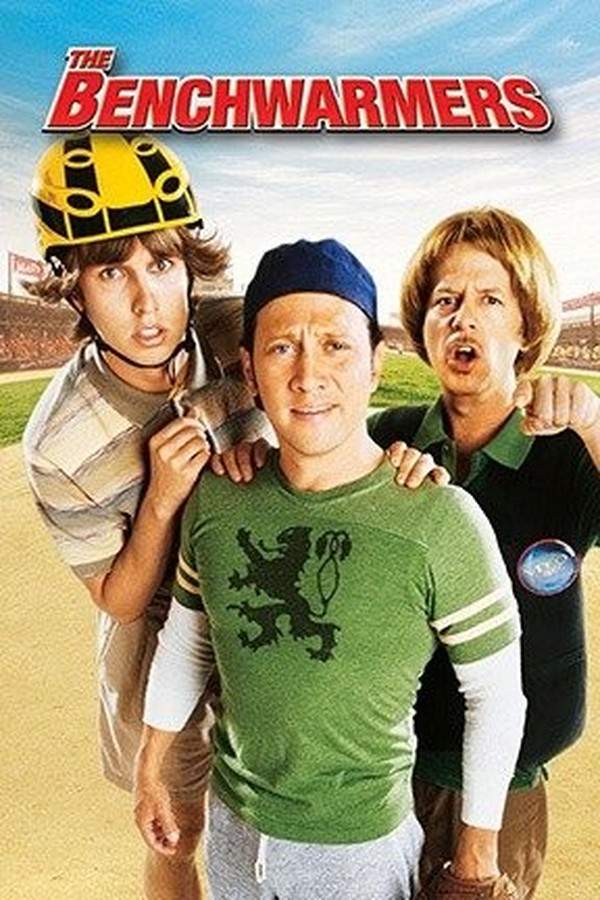
Moving Day
Year: 2012
Runtime: 95 mins
Language: English
Director: Mike Clattenburg
Clyde feels trapped in a dead-end job at Redmond’s Furniture, struggling with low pay and feeling like a failure. Determined to break free, he plans to confront his demanding boss with the unexpected support of his eccentric coworkers—a group of ex-cons, womanizers, and occasional drinkers. Together, they're ready to take on whatever challenges stand in their way and change Clyde’s fortunes.
Warning: spoilers below!
Haven’t seen Moving Day yet? This summary contains major spoilers. Bookmark the page, watch the movie, and come back for the full breakdown. If you're ready, scroll on and relive the story!
Moving Day (2012) – Full Plot Summary & Ending Explained
Read the complete plot breakdown of Moving Day (2012), including all key story events, major twists, and the ending explained in detail. Discover what really happened—and what it all means.
Clyde works at a furniture firm as a moving man, and he is deeply unhappy with his job at Redmond’s Furniture. He dreams of a career change and a better life, while juggling the realities of a recent divorce and the fact that his wife has custody of the kids. On the 14th and 15th of each month, he is supposed to take the kids on a vacation, a duty that highlights the gap between his desires and his current circumstances. His colleagues, including Cedric and A.J., share a similar longing for a steady city job that would pay around $16 an hour, a financial target that seems almost attainable but remains out of reach.
When a routine job goes wrong, Clyde injures his shoulder and has to haul a heavier load at the next assignment. In quick succession, he drops an antique drawer down a flight of stairs, triggering a cascade of damages at a customer’s house. The owner sues, and Wilf, the owner of the moving company and Clyde’s boss, settles for $7,500 in cash—even though the firm is insured against accidents. The settlement avoids a firing, but Clyde is placed on probation. He asks for the 14th and 15th off, yet a straight answer from Wilf remains elusive. The probation also extends to A.J., who is reprimanded for drinking on the job and for a pattern of inappropriate behavior toward female customers, including lingering advances.
The dynamics at Redmond’s are more than professional; they reveal a shared sense of emptiness. Linda is Wilf’s secretary and is strikingly beautiful, yet she receives little attention from the rest of the staff. Clyde’s lonely life contrasts with the company’s everyday grind, and he often spends evenings with Cedric and his family to escape the monotony. Meanwhile, Wilf takes Linda out for dinner, and the staff wrestles with their own sense of purpose. At one point, Wilf confesses a troubling truth to Linda: Redmond’s has been collecting insurance premiums from customers without actually carrying insurance, relying on strong movers to minimize settlements. It’s a capsule of the company’s moral blind spots and a quiet undercurrent to Clyde’s growing disillusionment.
In a nightmare sequence, Clyde imagines lifting a chair seat to reveal dozens of mice, and it foreshadows a moment where he’s offered a lifelong job at Redmond’s, a prospect he rejects in his waking life, preferring the grit of street construction work. The tension with A.J. escalates as A.J. embarks on an affair with a customer, while Clyde’s sense of loyalty becomes strained. A tense meeting with Wilf results in Clyde perceiving a test: is he protecting A.J. or himself? The answer binds Clyde more tightly to the probation and the mysteries of the shop floor.
A practical joke by Denis—another mover—puts a sign on Clyde’s back reading “Call me Donks,” a moment that exposes the crew’s flirtations with chaos. The women notice, Clyde’s temper flares, and the moment is defused when Cedric urges Denis to back off. Clyde channels his frustration into small acts of creativity, taking apart old cardboard boxes and writing encouraging quotes on them, then plastering these messages around his home. The next morning, Denis photographs Clyde’s wall, including lines like “I need you” and “Dennis is mean to people because he’s hurt inside. He thinks he should be famous, but he is not. He’s unhappy. Poor Dennis.” This public display of private pain underscores the crew’s collective sense of being stuck.
As the plot unfolds, Cedric—who has spent six years in a penitentiary—decides to quit after his wife’s grandmother dies and they inherit property in South Carolina. He explains that he cannot rely on formal contracts and prefers to support his wife’s new business venture, stepping away from Redmond’s with a day’s notice. Clyde winds up at the employment bureau to post Cedric’s replacement, and he learns that the city of Dartmouth is hiring. He hopes for a recommendation from Wilf, hoping to pivot toward a stable municipal role. Linda’s frustration surfaces again when she refuses Clyde’s request for time off, a moment that fuels the sense of powerlessness that threads through the workplace.
On Wilf’s birthday, a small celebration grows as A.J. and Clyde purchase party nibbles, while Linda visits Cedric, Dennis, and Clyde at the office to encourage attendance at the party. Wilf rewards Linda with an expensive pen and a promotion to a managerial position, signaling a moment of personal advancement amid the company’s ethical murkiness. The tension surrounding drinking on the job spikes when A.J. fights with Dennis after Dennis reports him for drinking; Clyde reveals to Wilf that it was he who tipped him off, a revelation that shifts the dynamics of trust within the group.
A dramatic turn comes when a truck crash prompts a frantic sequence: A.J. crashes the truck after consuming alcohol, and he flees the scene. Clyde calls Linda and Wilf from a pay phone to report the incident, and Wilf counsels Clyde to disappear with the insurance papers he has taken from the truck. Linda reports the stolen truck to the police, and Wilf explains that A.J. had stolen it because he had just been fired for drinking. The morning after, A.J. is arrested, and investigators discover the insurance papers on him, while Wilf has previously claimed a different set. Clyde quits his job, and both Linda and Wilf refuse to grant him a leave.
Clyde asks for a recommendation letter in exchange for his silence, and Wilf agrees. In a twist of loyalty and guilt, Clyde confesses that it was he, not Dennis, who ratted out A.J.—a revelation he makes without realizing that A.J. had already harbored anger toward Dennis. The group later goes out to see a band perform and plan to have drinks afterward, but Clyde feels excluded when Dennis insists on bringing women, leaving insufficient room for him. He returns to Redmond’s office and experiences a hallucinatory moment: Wilf’s dog, Little Buddy, levitates and vanishes, while Wilf himself appears to drift into the room searching for Clyde and weeping over the loss. Cedric intervenes with a stark reminder not to trust Wilf.
In the end, Clyde finds a balance that eludes him for so long: he spends meaningful time with his kids and secures a city job that offers stability and the promise of a happier life. The journey is a portrait of ordinary people wrestling with work, loyalty, temptation, and the ache for something better, all while navigating a workplace that blends camaraderie with questionable ethics. > “Call me Donks.”
Last Updated: October 01, 2025 at 13:04
Explore Movie Threads
Discover curated groups of movies connected by mood, themes, and story style. Browse collections built around emotion, atmosphere, and narrative focus to easily find films that match what you feel like watching right now.
Melancholic workplace comedies like Moving Day
Stories where the daily grind is tinged with sadness but illuminated by camaraderie.If you enjoyed the blend of humor and melancholy in Moving Day, this thread features movies with similar dead-end job settings and hopeful endings. Discover other stories about ordinary people finding dignity and connection in their work lives.
Narrative Summary
The narrative follows characters trapped in unsatisfying jobs, often highlighting their financial struggles and personal disappointments. The plot is driven by a collective desire for change, culminating in a small-scale victory or personal breakthrough that provides closure and hope, powered by the support of an unlikely found family at work.
Why These Movies?
These movies are grouped by their unique tonal balance: a grounded, melancholic atmosphere rooted in everyday struggles, paired with a steady, character-driven pace and comedic elements that stem from workplace absurdity and camaraderie, ultimately resolving in a positive emotional uplift.
Movies about underdog ensembles finding redemption like Moving Day
A group of flawed outsiders bands together to overcome a shared challenge.Fans of the eccentric coworker dynamic in Moving Day will enjoy these films about groups of flawed characters uniting for a common goal. Find similar stories of underdogs supporting each other through personal and professional struggles.
Narrative Summary
The plot centers on a central character's dilemma, which becomes a catalyst for a disparate group of individuals to unite. Each character contributes their unique, often unpolished, skills and perspectives. The conflict is overcoming an external obstacle or system, and the resolution strengthens their bonds and provides individual character growth.
Why These Movies?
Movies in this thread share a focus on character-driven ensembles, a straightforward narrative about overcoming adversity, and a mix of medium emotional weight with a ultimately uplifting resolution. The strength comes from the collective dynamic and the theme of finding purpose together.
Unlock the Full Story of Moving Day
Don't stop at just watching — explore Moving Day in full detail. From the complete plot summary and scene-by-scene timeline to character breakdowns, thematic analysis, and a deep dive into the ending — every page helps you truly understand what Moving Day is all about. Plus, discover what's next after the movie.
Moving Day Timeline
Track the full timeline of Moving Day with every major event arranged chronologically. Perfect for decoding non-linear storytelling, flashbacks, or parallel narratives with a clear scene-by-scene breakdown.

Characters, Settings & Themes in Moving Day
Discover the characters, locations, and core themes that shape Moving Day. Get insights into symbolic elements, setting significance, and deeper narrative meaning — ideal for thematic analysis and movie breakdowns.

Moving Day Spoiler-Free Summary
Get a quick, spoiler-free overview of Moving Day that covers the main plot points and key details without revealing any major twists or spoilers. Perfect for those who want to know what to expect before diving in.

More About Moving Day
Visit What's After the Movie to explore more about Moving Day: box office results, cast and crew info, production details, post-credit scenes, and external links — all in one place for movie fans and researchers.






























